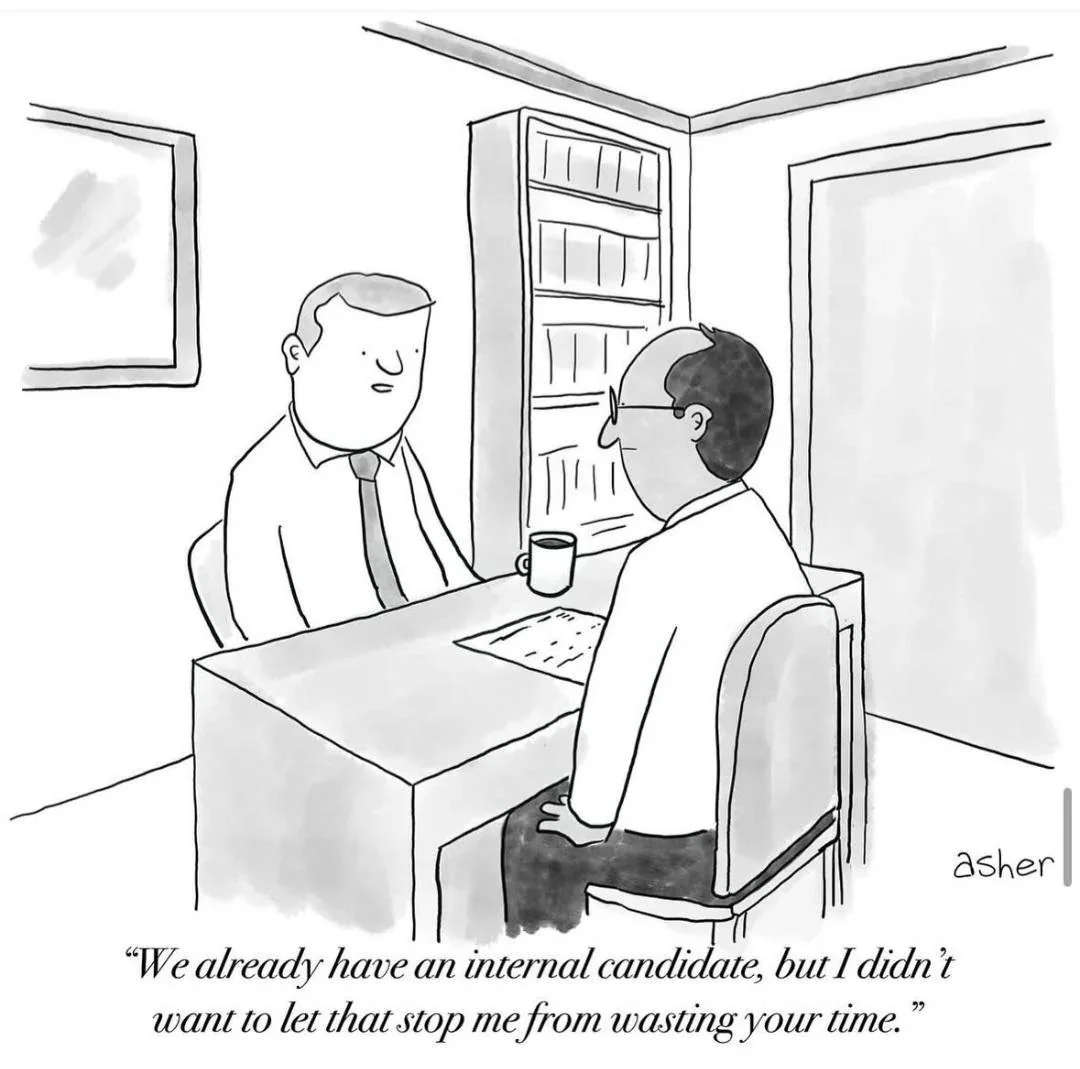In today’s digital job market, ghost job listings, open roles that companies post but never intend to fill, have quietly become a systemic issue. They clutter job boards, distort labor market data and mislead jobseekers into chasing opportunities that don’t exist.
According to CNBC, 40% of companies admitted to posting fake job listings in 2024, and 30% were actively advertising roles they had no intention of filling. These listings often remain live for weeks or months, creating a false sense of hiring momentum.

The Burden on Jobseekers
While companies may use ghost listings to signal growth, collect resumes, or test market interest, the real cost is borne by jobseekers. And it’s not just wasted time; it’s a multi-layered burden:
- Cognitive burden: Sorting through hundreds of listings, many of which are deceptive, drains mental energy and clarity.
- Emotional damage: Staying hopeful and professional despite repeated ghosting or rejection takes a toll.
- Opportunity cost: Time spent on fake jobs could’ve gone to real applications, interviews, or skill-building.
- Application fatigue: Submitting resumes into a void lead to burnout and disengagement.
- Trust erosion: Repeated exposure to ghost jobs undermines confidence in platforms and employers.
Why It Matters
Ghost listings don’t just affect individuals; they distort labor market signals. Platforms and analysts use job posting data to gauge economic health, sector growth, and hiring trends. When companies inflate their listings, they mislead investors, skew policy decisions, and mask hiring freezes. This practice also contributes to information asymmetry: companies hold all the cards, while jobseekers operate in the dark. It’s a transparency gap that undermines fair access to work.
Final Thought
Ghost jobs may seem harmless to companies, but they carry real consequences. It’s time to lift the weight from jobseekers, especially those overlooked and left behind.



